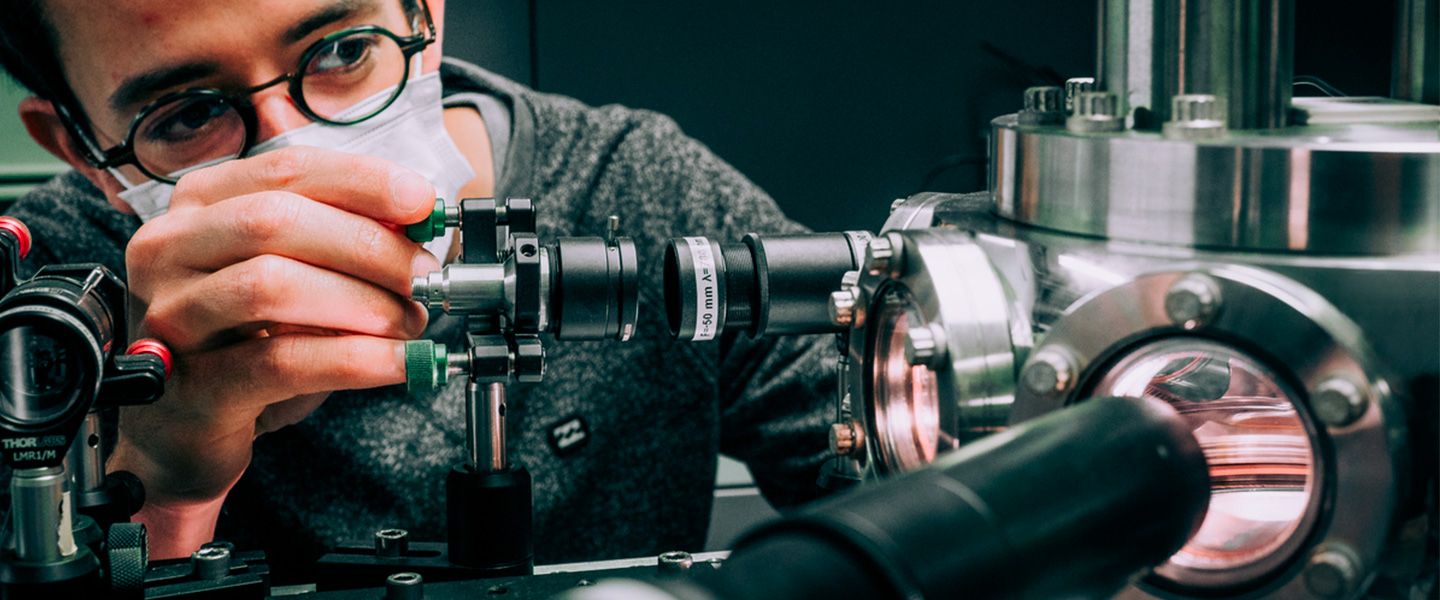
CNRS Foundation
For ambitious and independent research
Created by the CNRS on the occasion of its 80th anniversary, the mission of the Foundation is to contribute to the development and promotion of the CNRS and, more broadly, to scientific and technological research in France and worldwide.
It focuses its efforts on funding fundamental exploratory research topics, high-risk or high-stakes projects requiring swift support, as well as attracting and supporting new talents. It also funds scientific awards.


